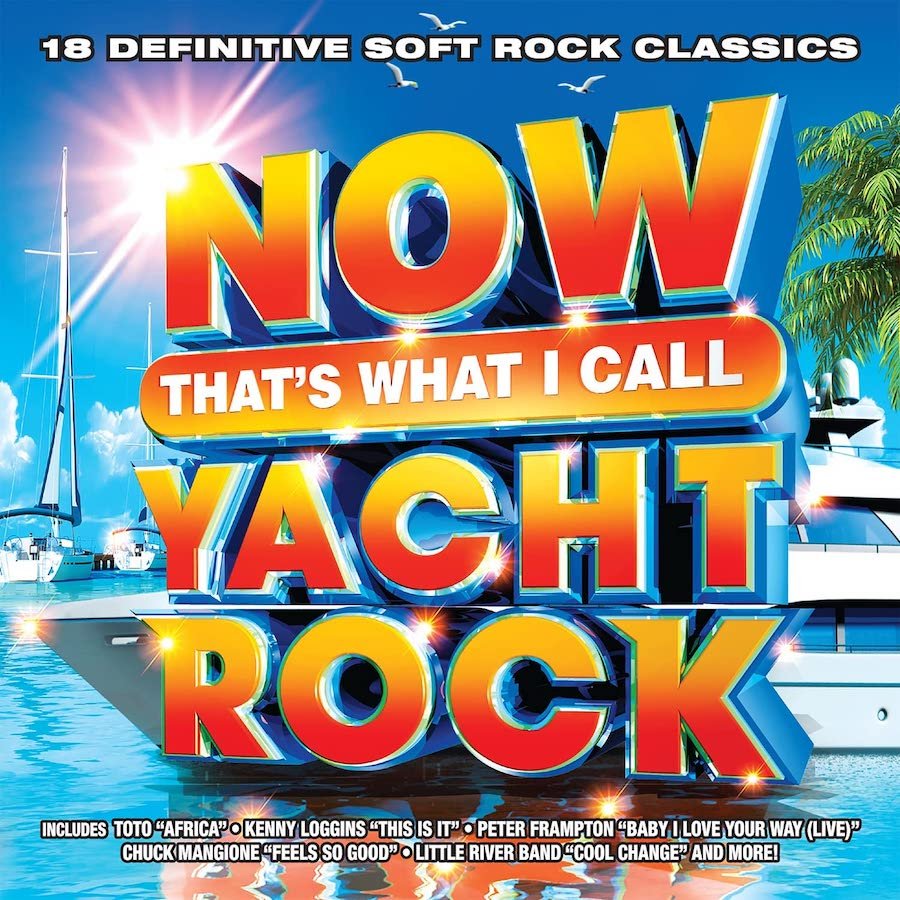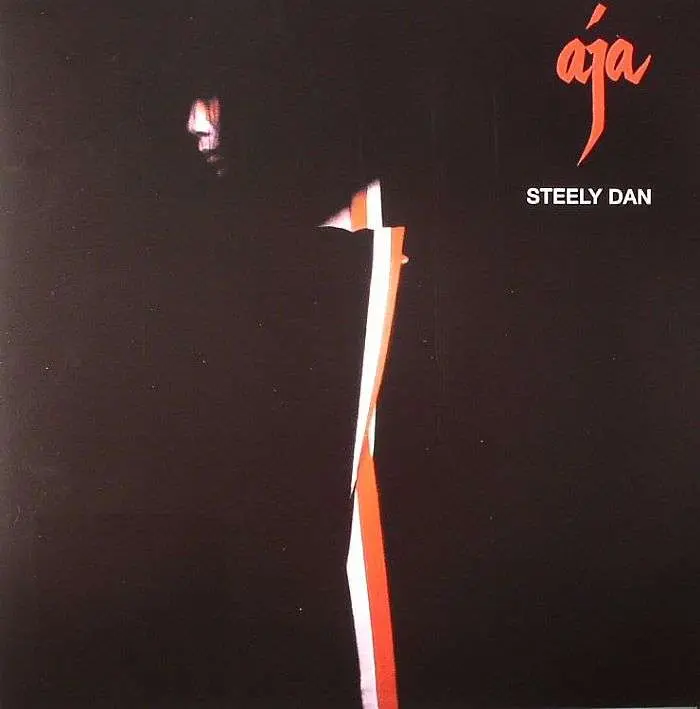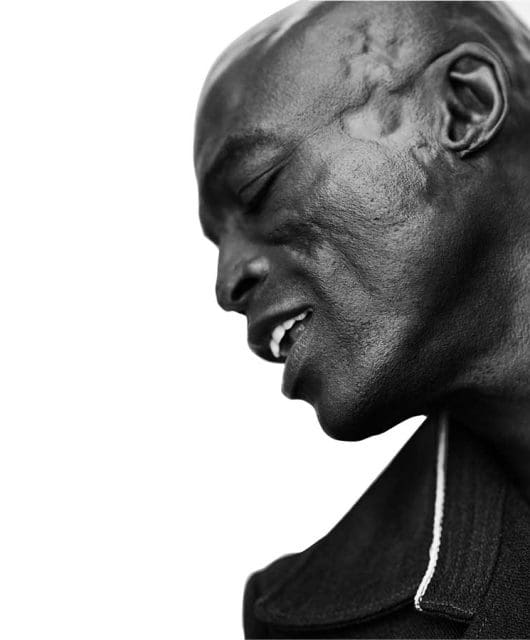Popscene – Yacht Rock
By Steve O'Brien | October 31, 2022
What is it?
Unusually, the term ‘yacht rock’ was only coined well after the genre’s 70s and early-80s heyday.
At the time when this FM-friendly stew of super-varnished production, breezy vocals and sumptuous, swooping melodies was peaking in the charts, it was mostly talked about as AOR (Adult Oriented Rock) or soft rock, but there was always something so much more distinct about the genre that it needed its own moniker.
It was, as presenter Katie Puckrik memorably described in her 2019 BBC documentary, The Smooth World Of Yacht Rock, “millionaires’ make-out music”, where polished pop met polished rock, a soothing sonic balm for a United States on fire.
The term itself was only minted in 2005 by aficionados JD Ryznar, David Lyons and Hunter D Stair for their web series of the same name. Why yacht rock, though? Ryznar suggested to Rolling Stone that, “it feels like you’re on a yacht listening to it”.
However, yachts represent not just glamour and affluence but also freedom and escape, qualities yacht rock had in spades.

This was music that was largely untouched by fashion, with a furrow-browed sincerity that is all too easy to mock.
Birthed at the same time as punk, it almost pitted itself as the antithesis of that scruffy, three-chord, lo-fi scream; everything about yacht rock was perfectly crafted, exquisitely buffed and, above all, inoffensive.
Even if the lyrics were edging towards introspection (and if there is melancholy in a yacht-rock song, it’s only lightly sketched), the melody must always be upbeat and reassuring. If punk was about embracing reality, yacht rock was about fleeing it for somewhere sunnier.
Could yacht rock make a comeback? Fleetwood Mac and Queen were, just 10 years ago, thought of as corporate sell-outs, but are now embraced by hipsters, whose musical education hasn’t been shaped by the crippling snobbery of the NME or Rolling Stone.
And if yacht rock was born from the social battles of the 70s, then surely today’s bruising culture wars necessitate more music to escape into.
In 2019, NOW Music released an 18-track compilation of yacht rock classics, suggesting that, nearly 40 years after it sank in popularity, we’re finally embracing that most uncool of music styles.
Essential songs
Christopher Cross – Ride Like The Wind
Kenny Loggins – This Is It
Toto – Africa
Seals & Crofts – Summer Breeze
Boz Scaggs – Lido Shuffle
Hall & Oates – Rich Girl
Essential albums
Steely Dan – Aja (1977)
Named after a steam-powered dildo referenced in the William S Burroughs novel Naked Lunch (yes, really), Steely Dan were always somewhat artier than their yacht rock stablemates. Fusing jazz and pop as well as slithers of R&B, soul, disco and classical, Aja is the duo’s magnum opus. Although put together by Donald Fagen and Walter Becker, it’s the army of accomplished session pros, including saxophonist Wayne Shorter and keyboardist-vibraphonist Victor Feldman, that really make this a masterclass in musical craft.
The Doobie Brothers – Minute By Minute (1978)
Although Minute By Minute was The Doobie Brothers’ eighth LP, it was with this one that they toned down the guitars, and Michael McDonald’s piano now drove the songs. The album became the band’s biggest to date, hitting No.1 on the Billboard chart while also birthing their most successful 7″, the YR classic, What A Fool Believes.
Christopher Cross – Christopher Cross (1979)
The debut album from yacht-rock god Christopher Cross and one of the very first digitally recorded LPs, Christopher Cross was showered with awards on its release, as he became the first artist to scoop the four major Grammy categories of Record of the Year, Album of the Year, Song of the Year, and Best New Artist. Unblushingly sentimental and as warm as a hug from your favourite granny, this is in many ways the archetypal yacht-rock LP, if only for the classic Sailing.
- Read more: Popscene – Sophisti-pop
Essential artists
Christopher Cross
Little talked about now, Christopher Cross scored one of the biggest yacht rock hits with the theme from the 1981 Dudley Moore comedy Arthur. A skilled guitarist, Cross worked alongside Steely Dan before releasing his self-titled debut in 1979. The first artist in Grammy history to win all four general field awards in a single ceremony (a feat not matched until Billie Eilish in 2020), Cross’ career crashed in the mid-80s, with his Every Turn Of The World (1985) and Back Of My Mind (1988) albums failing to break even the Top 100. He’s still at it, though, releasing his last record in 2017.
Kenny Loggins
Despite being best known for the decidedly non-yacht-ish Footloose, Kenny Loggins is, in fact, one of the Mount Rushmore faces of the genre. He started out in the early 70s as one half of soft-rock pairing Loggins And Messina, before going solo in 1977. However, it’s his collaborations with The Doobie Brothers’ Michael McDonald that show off Loggins’ yacht credentials the best, co-writing What A Fool Believes (he recorded his own version, before The Doobie Brothers released theirs) and 1979’s This Is It. His most famous songs, however, remain film-related (I’m Alright from Caddyshack, Playing With The Boys from Top Gun et al), so much so that he was nicknamed ‘King of the Movie Soundtrack’.
Steely Dan
Formed in 1971 by New Yorkers Walter Becker and Donald Fagen, Steely Dan were among the most critically acclaimed bands of their generation. Although they never enjoyed a US No.1 album, 1977’s Aja did peak at No.3 on home soil and the band achieved consistent success across their career. The quintessential studio outfit, their records are supremely well crafted and the duo’s sometimes cryptic lyrics and literary allusions certainly attracted a more cultured kind of listener. Becker passed away in 2017, but the band continues under the stewardship of Fagen.
Toto
Though Africa remains their signature number, there’s always been so much more to Toto. Formed in 1977 by session players David Paich and Jeff Porcaro (later picking up David Hungate, Steve Lukather, Steve Porcaro and Bobby Kimball), they tasted success almost immediately with their eponymous debut album hitting No.9 on the Billboard chart and single Hold The Line going Top 5. Though wedded in the public’s mind as one of the main yacht-rock outfits, truth is they were always more musically promiscuous than that, veering from hard rock to blue-eyed soul on those early albums. Only two members from that 1977 line-up are still with the band, yet they’re still performing, releasing their latest LP in 2018.
- Want more from Classic Pop magazine? Get a free digital issue when you sign up to our newsletter!

Steve O'Brien
Steve O’Brien is a writer who specialises in music, film and TV. He has written for magazines and websites such as SFX, The Guardian, Radio Times, Esquire, The New Statesman, Digital Spy, Empire, Yours Retro, The New Statesman and MusicRadar. He’s written books about Doctor Who and Buffy The Vampire Slayer and has even featured on a BBC4 documentary about Bergerac. Apart from his work on Classic Pop, he also edits CP’s sister magazine, Vintage Rock Presents.www.steveobrienwriter.com






